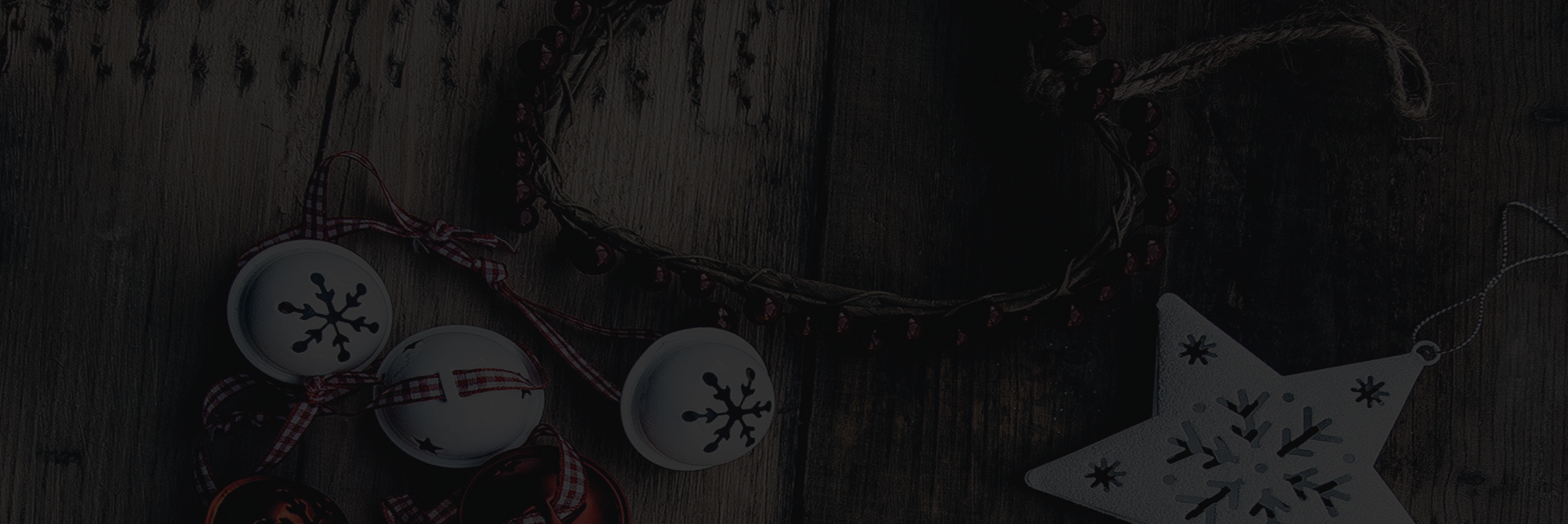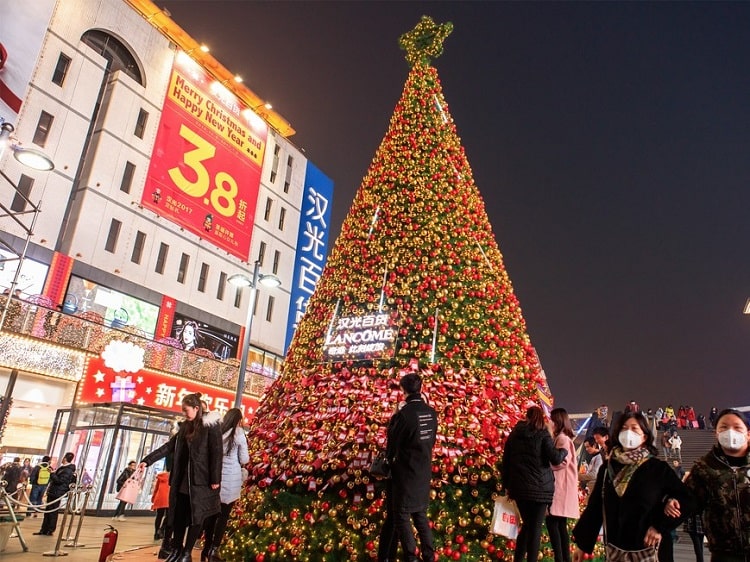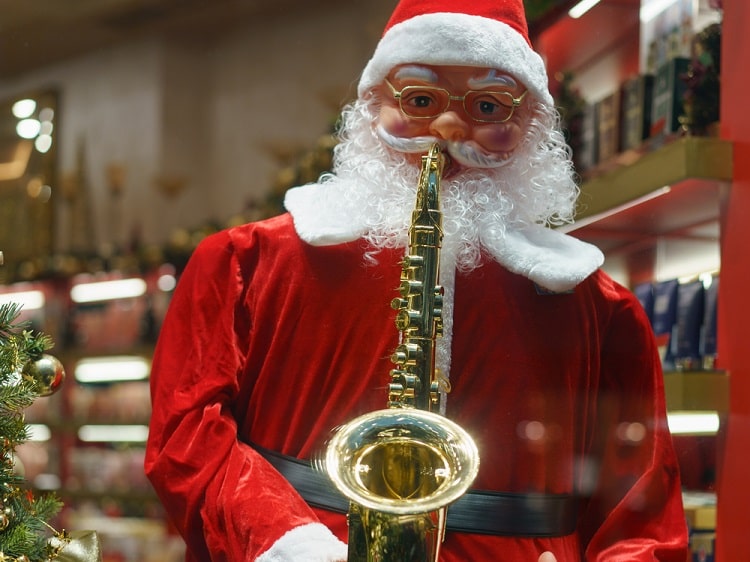Christmas, arguably the most well-known holiday across the world, is celebrated uniquely by millions. In this blog post, we’ll be focusing on its celebration in China.
Christmas celebrations in China share much of the same traditions as those in Western countries — colourful lights, Santa, and shopping to name a few. However, there are some key differences.
China is officially an atheist country, and a quick Google search will tell you somewhere between 1-5% are Christian. Conversely, 55% of Canadians identify as Christian, with at least a few more celebrating the holiday for cultural reasons over religious.
Christmas is called Sheng Dan Jieh, which means Holy Birth Festival. Its adoption is becoming more popular in China, especially in large cities due to its widespread celebration in the West. Christmas Day, however, is not recognized as a public holiday, so the majority of the population work on this day unless it falls on a weekend, or an ex-pat has requested time off to celebrate.
Three areas that Westerners associate with Christmas include Traditions, Gifts, and Food. Continue reading to discover how Christmas is celebrated in China in relation to these key areas.
Traditions
Christmas traditions in China are much the same as those in Canada, although there is a heavier emphasis on commercialism versus religion and culture. Large retail supercentres often have Christmas sales beginning in November, making it a popular time to go shopping. Store clerks are often dressed in Christmas costumes. Big cities like Shanghai, Beijing, and Hong Kong are decorated with lights and large Christmas trees, and fireworks light up the sky to ring in the season.
Although many people living in China are not aware of Christmas’ origins, those who choose to acknowledge the religious aspect attend church with services complete with chorus, dance, and drama performances.
Carol-singing isn’t often seen in public, although some choose to sing carols on their home karaoke machines. We can imagine the latter would be more popular this year, especially! Also at home, Christmas trees are put up and decorated with colourful lanterns and paper chains. It may be hard to find a real one, although it can be done!
Santa Claus is a known figure in China and appears in some large malls for children to sit upon his lap. An interesting difference from the West — Santa Claus decorations are often seen accompanied by a saxophone! It is not known how this came to be, but speculation states it could be because the saxophone is an instrument of Western origin, fitting Santa’s image.
Another difference between Western and Chinese Santa — instead of being accompanied by elves, or Mrs Claus for that matter, Santa is followed around by women dressed in red and white. These women are supposedly his sisters!
Gifts
Gifts are not typically given at Christmastime in China. Sometimes couples or friends in big cities exchange gifts, but it is not customary with the holiday. It is, however, common to exchange gifts at Chinese New Year, a celebration lasting three days. A good opportunity to take advantage of those Christmas sales!
A strange gifting tradition has evolved involving apples. The ‘ping’ sound in the word ‘apple’ in Mandarin sounds like the word ‘peace’. Christmas Eve is referred to as the ‘peaceful evening’, thus apples are eaten and given as tokens. Edible messages can be imprinted on the skin, saying things like ‘love’ and ‘peace’. These are also common on Chinese New Year but featuring zodiac embellishments.
Food
Traditional Christmas dinner including turkey, potatoes, brussel sprouts, and gravy isn’t usually home-cooked on Christmas Day. However, many larger hotels and Western restaurants prepare these meals, usually served buffet-style.
If you’re looking to cook a traditional meal at home in China, you may have difficulties finding the elements. Some larger retail chains may carry them if you’re determined to cook. Christmas markets are found peppered throughout the larger cities (like Shanghai) where these items can likely be located.
One article said that Christmas food is similar to the Spring Festival with roast pork, Chinese dumplings, spring rolls, huoshao, and rice, but others stated food in China is abundant and varied. Since Christmas isn’t a traditional holiday, it makes sense there isn’t a defined, widely adopted single meal. What is known, is that Christmas is a time for going out with friends and significant others, rather than staying in with family, making it safe to say restaurants are lively on Christmas Day!
In Conclusion
While Christmas may have a few differences in China than in the Western world, there are many similarities that are only becoming more widely adopted. Despite some challenges a couple of years ago with the communist party banning some Christmas gatherings, there are no news articles about this occurring in 2020.
We hope you’ve enjoyed learning a bit about how Christmas is celebrated in China. If you’d like some insights on how to reach the Chinese market as a Western business, please contact us.
Merry Christmas or 圣诞节快乐 from the Periphery Team!




